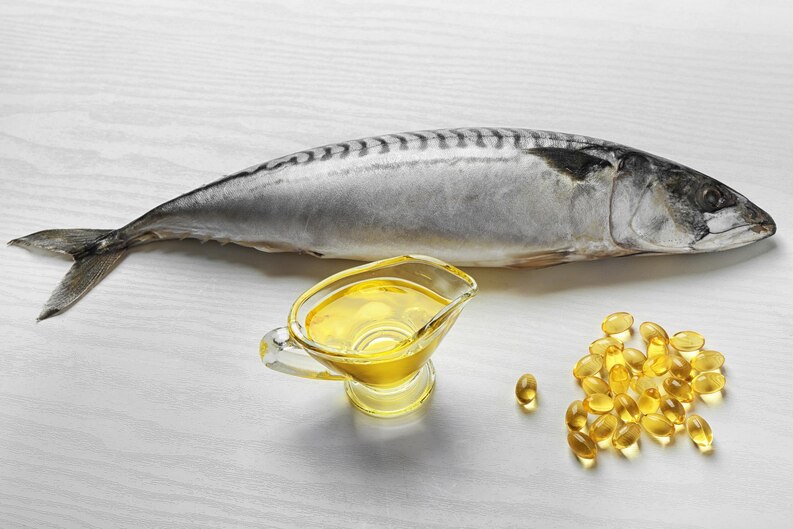In the world of nutrition, omega-3 fatty acids are often celebrated for their wide-ranging health benefits. From supporting heart health to reducing inflammation, these essential fats have earned their status as nutritional powerhouses. But recent research has unveiled an even more compelling facet of omega-3s: their potential role in preventing cancer. In this guest post, we’ll dive into the fascinating connection between omega-3 fatty acids and cancer prevention.
The Omega-3 Basics
Before we delve into the cancer-fighting potential of omega-3s, let’s understand what they are. Omega-3 fatty acids are a family of polyunsaturated fats that our bodies require for various functions. They are classified into three main types:
- Alpha-linolenic acid (ALA): Found in plant-based sources like flaxseeds, chia seeds, and walnuts.
- Eicosapentaenoic acid (EPA): Predominantly found in fatty fish, such as salmon, mackerel, and sardines.
- Docosahexaenoic acid (DHA): Also found in fatty fish and available in fish oil supplements.
Omega-3s and Cancer: The Intriguing Connection
Research into the link between omega-3 fatty acids and cancer prevention is ongoing, but here’s a snapshot of what we know so far:
-
Inflammation Reduction: Chronic inflammation in the body is a known risk factor for cancer. Omega-3s, particularly EPA and DHA, exhibit potent anti-inflammatory properties. By curbing inflammation, they may help reduce the risk of cancer development.
-
Cellular Health: Omega-3s play a crucial role in maintaining the integrity of cell membranes. Healthy cell membranes are less susceptible to genetic mutations that can lead to cancer.
-
Apoptosis Induction: Omega-3s may promote a process known as apoptosis, or programmed cell death. This mechanism helps the body eliminate damaged or potentially cancerous cells.
-
Angiogenesis Inhibition: Some studies suggest that omega-3s can inhibit angiogenesis, the formation of new blood vessels that tumors need to grow. By curbing this process, they may impede cancer progression.
Types of Cancer and Omega-3s
It’s important to note that the relationship between omega-3s and cancer prevention can vary depending on the type of cancer. While some studies indicate a protective effect, others yield mixed results. Here are a few examples:
-
Breast Cancer: Some research suggests that a diet rich in omega-3 fatty acids may be associated with a reduced risk of breast cancer, particularly in postmenopausal women.
-
Colorectal Cancer: Omega-3s may have a protective effect against colorectal cancer, one of the most common cancers worldwide.
-
Prostate Cancer: Studies on the link between omega-3s and prostate cancer risk have produced mixed findings, and more research is needed in this area.
Practical Steps to Incorporate Omega-3s
For those interested in reaping the potential cancer prevention benefits of omega-3s, here are practical steps to consider:
-
Dietary Sources: Include fatty fish like salmon, sardines, and trout in your regular diet. These fish are not only delicious but also abundant sources of EPA and DHA.
-
Plant-Based Options: If you’re a vegetarian or vegan, opt for plant-based sources of omega-3s like flaxseeds, chia seeds, and walnuts. While these provide ALA, your body can partially convert it into EPA and DHA.
-
Supplements: High-quality fish oil supplements are readily available and can be a convenient way to ensure an adequate intake of omega-3s. Consult with a healthcare provider to determine the appropriate dosage for your individual needs.
-
Balanced Diet: Remember that omega-3s should be part of a balanced diet that includes a variety of fruits, vegetables, whole grains, and lean proteins. A holistic approach to nutrition is key to overall health.
-
Consultation: If you have a personal or family history of cancer, or if you’re considering omega-3 supplements for specific health reasons, consult with a healthcare provider. They can offer guidance tailored to your unique circumstances.


